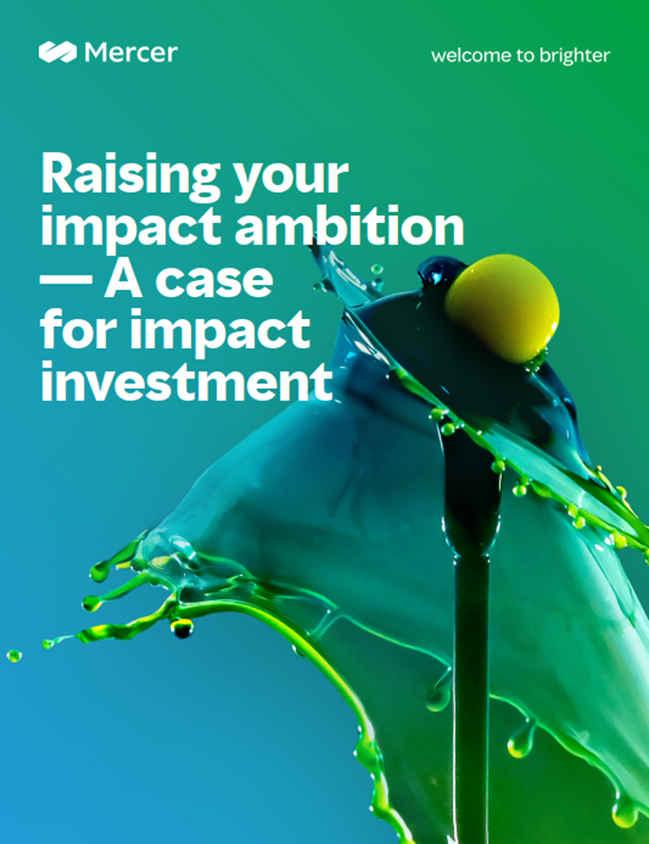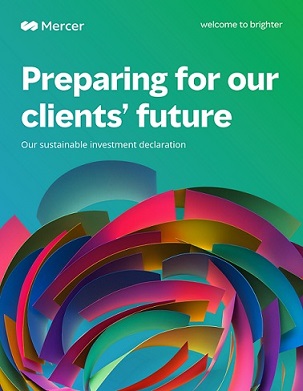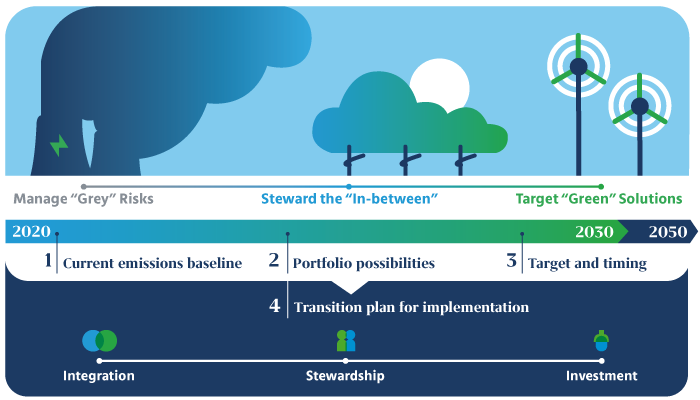Driving debate and change at COP27 in November in Egypt
Institutional investors are under pressure to address climate loss, damage and transition. As trusted advisors to our clients, we have the ability to effect deep and global change. We know that many of our clients are committed to using their influence to accelerate the journey to net zero, in line with regulation, industry standards and beneficiary/members and stakeholder wishes.
At this year’s COP27, Mercer’s Rich Nuzum, Cara Williams, Helga Birgden will be hosting a panel discussion – “Harnessing the power of global capital to target local climate challenges” – alongside esteemed guests Rick Lacaille, Senior Advisor, StateStreet, and Gertraud Wollanksy, Senior Advisor on climate issues in the Austrian Ministry for Climate Action. They will debate and discuss client actions, opportunities and challenges to investing for net zero pathways. If you’re attending in-person, we encourage you to register and join in the conversation. You don’t need to have an accreditation to attend.








